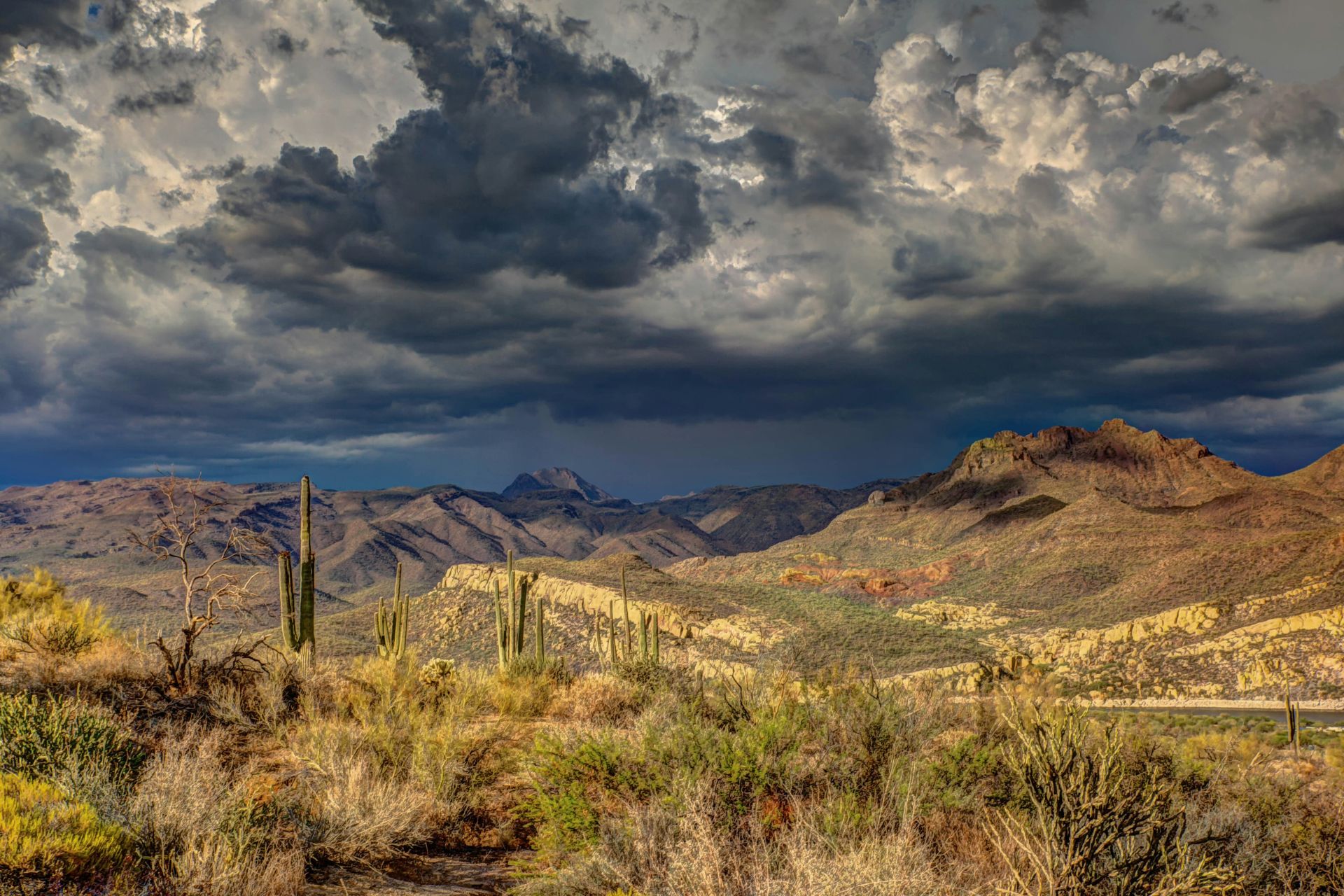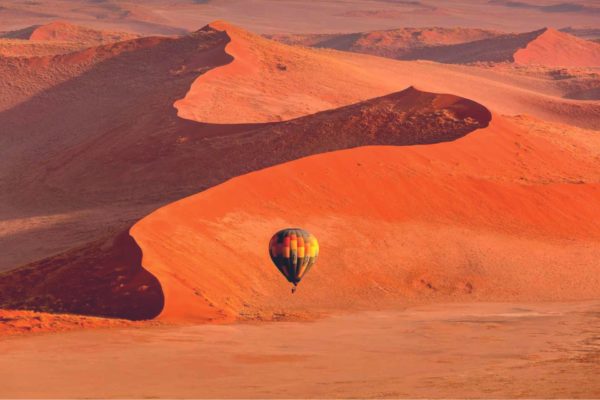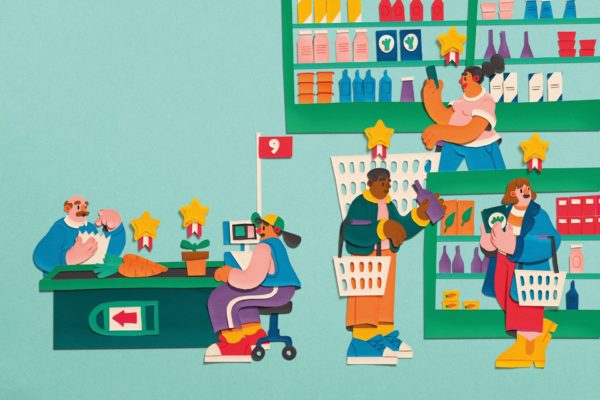Can We Solve The Biodiversity Crisis?
By
9 months ago
Meet the solutionists

Matilda Cox gives us the rundown on three companies whose nature-based technologies inspire hope amid the biodiversity crisis.
These Tech Companies Are Tackling The Biodiversity Crisis
The Problem
Stories of climate change are increasingly dominating headlines, from Australian bushfires to devastating tornados across the US. Extreme weather is getting impossible to ignore, but global warming is intricately linked with another, lesser spoken about topic: the biodiversity and soil crisis.
Between 1970 and 2018, wildlife populations have declined by a staggering 69 percent and soil degradation has reached unprecedented levels, putting strain on global food production and compromising the Earth’s natural ability to trap CO2. The United Nations emphasises that biodiversity is our strongest natural defence against climate change, but it’s clearly under threat. So, how do we regenerate our land and restore precious ecosystems? Luckily, these innovators have some ideas.
The Answers
Utilising Seed-Planting Drones
Did you know that mangroves and seagrass capture carbon much faster than any land-based forests? Plus, these coastal ecosystems are home to thousands of species and provide crucial food protection. This is why Swiss startup Inverto Earth is working to restore our precious coasts – with the help of drones. Customers ‘adopt’ three-by-three square metre nature units, which Inverto restores with the help of local communities and partners like WWF. Drones are deployed to plant seeds at scale, and state-of-the-art tech used to monitor the environmental and social impact of every plot of land. There’s already projects in Pakistan and the UAE, with more in Indonesia and Australia coming soon. Read the full story here; inverto.earth
Harnessing The Power Of Bamboo
Moving back onto land, Valiha Diffusion hopes to revitalise the forests of Madagascar, a country that’s lost almost a third of its tree cover since the turn of the century. It works with various partners to cultivate healthy bamboo forests on the island. Bamboo is a fast-growing plant, capturing more carbon than hardwood trees and regenerating damaged soils, while also providing food to animals like lemurs. Beyond planting the bamboo, Valiha Diusion works with local communities to teach them how to sell and use bamboo products, including building materials, baskets and, most importantly, bamboo charcoal – a cleaner source of bioenergy. Read the full story here; valihadiffusion.org
Growing Microalgae In The Desert
Deserts certainly don’t spring to mind when you think of fertile and productive land, but one company wants to change that. HyveGeo, a UK climate-tech startup, plans to ‘green’ deserts in the UAE and beyond with microalgae. Using just wastewater, CO2, sunlight and unused desert land, HyveGeo grows microalgae and turns it into biochar, biofertilisers and biostimulants. This locks away atmospheric CO2,and end products can be used to regenerate barren land into arable soil. The process is optimised using robotics and AI, and could see thousands of hectares of arid land transformed into thriving farms that strengthen local food systems. Read the full story here; hyvegeo.com
Matilda Cox is a content editor at Springwise, the leading global innovation platform with over 14,000 ideas for positive change. springwise.com






